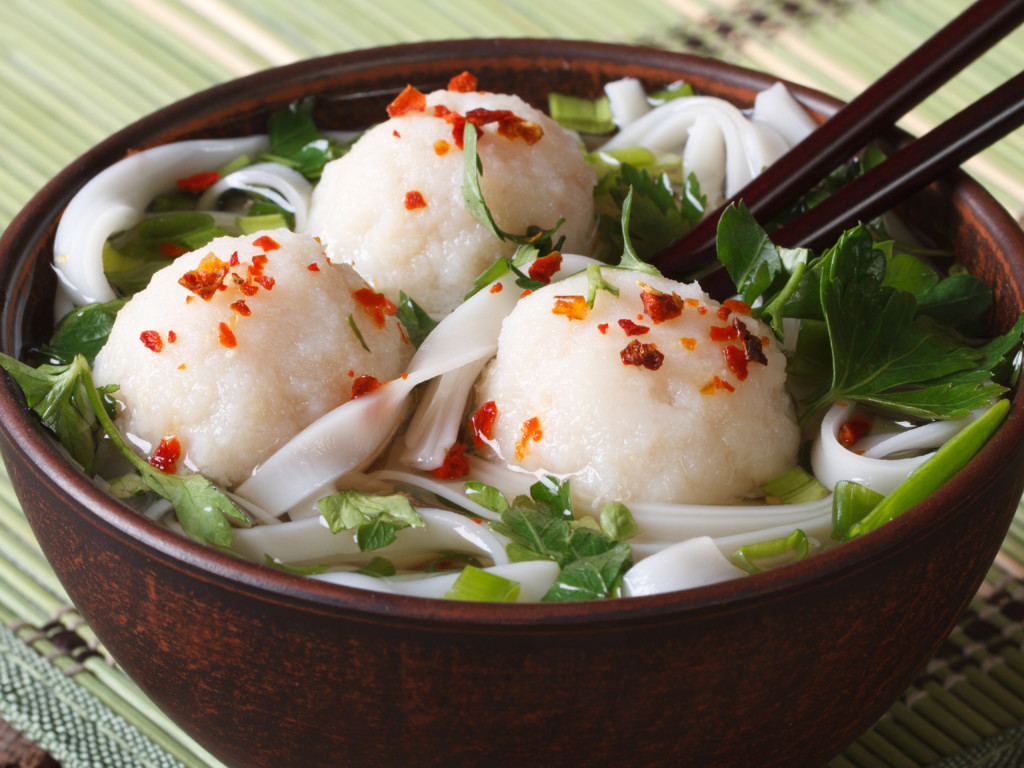Singapore-based cultivated seafood startup Umami Meats announces it has filed a patent for single-stem cell technology that uses mesenchymal stem cell (MSC) lines from fish.
“Our single-stem cell method will be a game changer in enabling us to reduce the price of cultivated premium seafood”
Umami’s stem cell technology is unique because it only requires one cell type and one production line to cultivate muscle and fats, unlike other methods that require multiple production lines and cell types.

Mihir Pershad, Umami Meats’ founder and CEO, said: “So far, we have established MSC lines from three species, including our flagship species, the Japanese eel. This innovative approach to cell lines builds the foundation for faster and more efficient cell growth. Our technology advances are a critical driver of lowering costs, increasing scalability, and making cultivated seafood affordable for mainstream consumers.”
“This innovative approach to cell lines builds the foundation for faster and more efficient cell growth”
The company also cultivates species like snapper, tuna, and grouper. This past September, Umami revealed a cultivated fish ball Laksa produced with cultivated fish and plant proteins.

Reducing costs for price parity
Umami’s “single cell” production method is an optimised process of isolating MSC cell lines from fish that would reduce the costs associated with cultivated seafood production. To date, premium price points of cultivated seafood are 20 to 50 times higher than regular fish, explains Umami.
In addition, the company has been working to develop a plant and algae-derived growth media that is cheaper and easier to scale. Like the stem cell establishing process, growth media’s high prices are an obstacle to the price parity costs of cultivated meat, representing a challenge for the cellular agriculture industry.
The cultivated seafood promise
According to WorldFish, an international nonprofit research institute, demand for seafood is expected to double by 2050, and the aquaculture and fisheries sectors will face serious challenges to meet this demand. Cultivated seafood is projected to play a significant role in alleviating future supply issues and ensuring a sustainable food system.

Cultivated seafood also promises better seafood without mercury and microplastic contamination and could help tackle the growing extinction risk that many fish and seafood are facing due to fishing practices and overfishing.
“What makes Umami Meats different in the cultivated food industry is our method for cultivating premium seafood with the vision of reducing overfishing of endangered and difficult-to-farm species,” Pershad said.
“Our single-stem cell method will be a game changer in enabling us to reduce the price of cultivated premium seafood to match that of traditionally-sourced fish,” he added.






